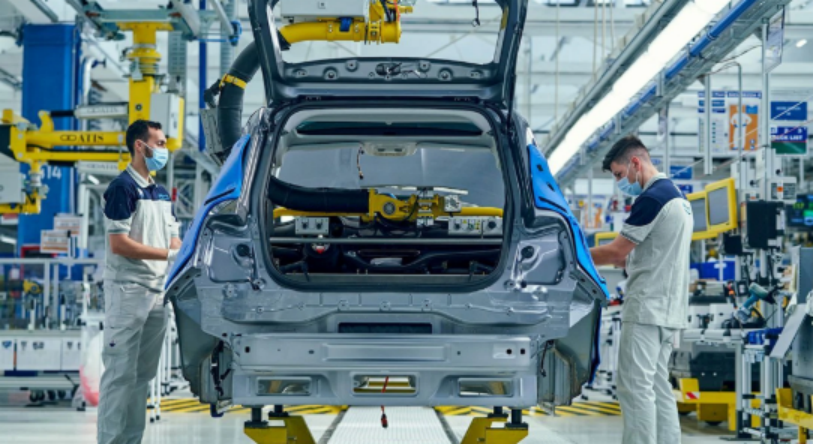According to a study released by the European Transport & Environment (T&E) organization on July 8, if the EU adheres to its 2035 clean car targets and implements supportive policies for the transition, the EU automotive industry is expected to recover to an annual production level of 16.8 million vehicles, reaching a peak not seen since the financial crisis of 2008. T&E stated that conversely, if the EU does not pursue any automotive industry strategy and retracts the 2035 target requiring all new cars and light commercial vehicles sold in the region to achieve zero CO2 emissions, the automotive sector could lose 1 million jobs, and two-thirds of planned battery investments may also be cut. European car manufacturers are already facing high cost pressures in the domestic market and lag behind competitors in the electric vehicle sector from the US and China. Furthermore, with the 25% tariff imposed by former US President Trump on imported cars, several European automakers have been forced to lower their financial forecasts for 2025. After intense lobbying from the automotive industry, the European Parliament approved a relaxation of some EU CO2 emissions standards for passenger cars and vans in May 2025, while still maintaining the core requirement to ban the sale of fuel vehicles starting in 2035. Julia Poliscanova, senior director of vehicles and electric mobility supply chains at T&E, stated: "The EU automotive industry is at a critical juncture, facing life or death due to intensified global competition for dominance in electric vehicles, battery, and charging infrastructure production." T&E noted that if the EU maintains its 2035 zero-emission vehicle goals and implements policies to boost local electric vehicle production, the automotive value chain's contribution to the EU economy could grow by 11% by 2035. T&E's research indicates that by 2030, the battery manufacturing sector will create over 100,000 jobs; by 2035, the charging infrastructure sector will add 120,000 job opportunities, potentially offsetting job losses in vehicle manufacturing. However, T&E warns that if carbon reduction targets are weakened and comprehensive automotive industry policies are lacking, the overall contribution of the automotive value chain to the EU economy could decline by €90 billion (approximately $105.5 billion) by 2035.
EU Automotive Sector Could Regain Strength with 2035 Clean Car Goals, Says T&E

Share this post on: